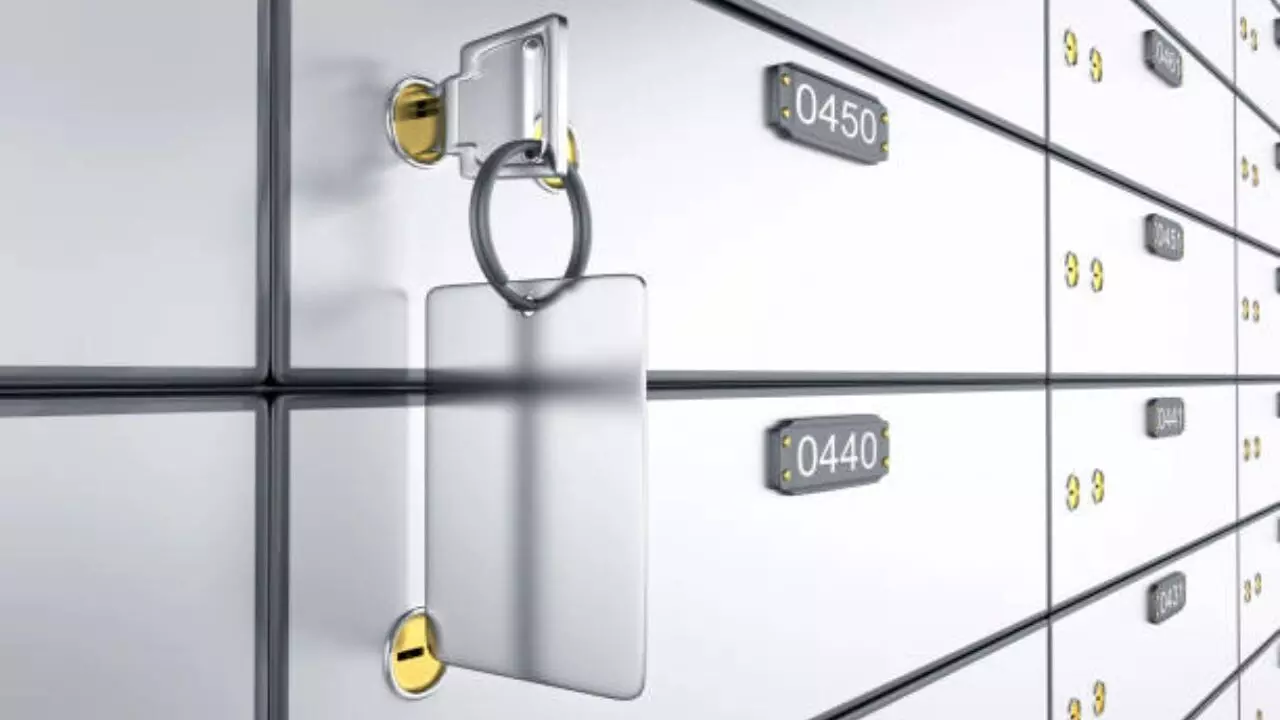Bank Locker Rules 2024: Everything You Need To Know
Bank lockers have long served as a safe space for important valuables such as cash, jewelry, and other assets. Here's how to open a bank locker according to the most recent rules.
image for illustrative purpose

Bank lockers have always been a safe space for important valuables such as cash, jewelry, and other assets. In fact, people from different sections and professions use banks to keep their belongings safe, limiting the risk of damage and theft.
Nonetheless, you, like any other individual, can use a bank locker; the only thing you need to keep in mind is the specific locker rules established by the RBI. So, let's talk about the updated bank locker rule and how one can open it.
Latest Bank Locker Rules
The RBI bank locker regulations outlined the process for renewing bank locker agreements. Account holders whose agreements were filed on or before December 31, 2023, must sign a revised agreement and submit it to the relevant bank by the same date.
Now, let's discuss how one can open a bank locker under the most recent rules:
First and foremost, you need to select a bank that is conveniently located near your residence and known for its excellent service.
Although most of the banks provide lockers, their availability may differ.
Eligibility: To be eligible for a locker, banks frequently need you to open a current or savings account. A current passport-sized photo and proof of identity and address, such as an Aadhaar card or PAN, are also required.
Locker Agreement: A locker agreement is provided by the bank which says the terms and conditions of use. And both parties are required to sign this legally binding agreement.
Security Deposit: In order to open a locker, the bank can ask you for a refundable security deposit, which can be in the form of a fixed deposit or cash.
Costs: The cost of renting a locker is determined by the branch's size and location. Furthermore, if you open the locker more frequently than permitted, you must pay additional fees.
Locker Allotment: Once all of the documents are filled, the bank will assign you a locker depending on your availability and needs, as lockers come in a variety of sizes. After being assigned, you will receive the unique key, while the bank will keep the master key.
Key Points To Remember
- Bank lockers are secure; however, we cannot say they are 100% risk-free.
- It is advisable to insure high-value products because most banks specify that they are not responsible for their contents.
- In the event of the account holder's death, it is advisable to choose a family member who can access the locker.
Therefore, customers must be well-versed with the bank locker rules to get all of the benefits.

